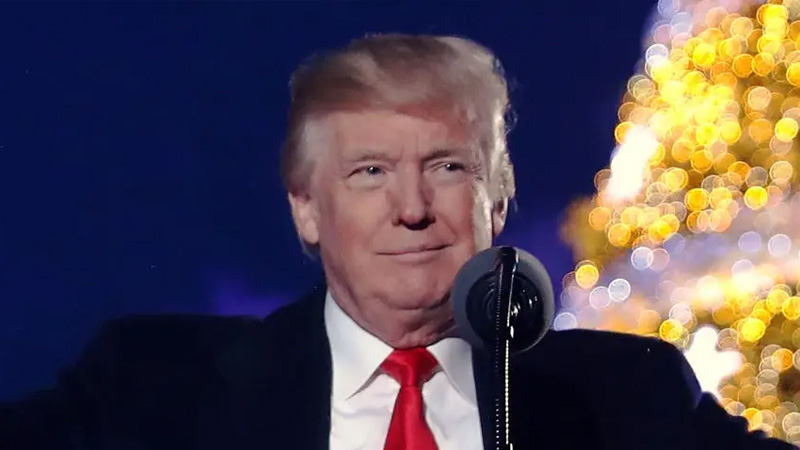The Supreme Court of the United States capped off a series of significant rulings by delivering a major win to Donald Trump in his Jan. 6 prosecution. The court’s decision requires the Washington, D.C., trial court to distinguish between Trump’s “official” and “unofficial” acts, with only the latter being subject to prosecution. This ruling, experts believe, makes it unlikely that there will be a trial before the 2024 election, complicating special counsel Jack Smith’s case and injecting uncertainty into the proceedings.
In a lone concurrence, Justice Clarence Thomas suggested that Jack Smith’s appointment as special counsel was unlawful, providing Trump with legal arguments to challenge his Mar-a-Lago prosecution. U.S. District Judge Aileen Cannon recently allowed pro-Trump amici curiae to present arguments echoing Thomas’s views.
Trump’s defense team has argued that Smith’s appointment by U.S. Attorney General Merrick Garland violated the Constitution because Smith, a former DOJ official, was a “private citizen” at the time of his appointment. They assert that Smith should have been a Senate-confirmed U.S. attorney, like special counsel David Weiss in the Hunter Biden cases.
The amici curiae, including former Attorneys General Michael Mukasey and Edwin Meese III, Federalist Society co-founder Steven Calabresi, and law professor Gary Lawson, argued that a chief prosecutor must be authorized by a clear statutory provision or Senate approval. They highlighted a question Thomas asked during the Trump immunity oral arguments as an indication that the Supreme Court would scrutinize the lawfulness of Smith’s appointment.
“Did you, in this litigation, challenge the appointment of special counsel?” Thomas asked. Trump’s counsel responded affirmatively, referencing their case in the Southern District of Florida.
Thomas, who oversees emergency applications from the U.S. Court of Appeals for the 11th Circuit, has made his interest in the constitutionality of Smith’s appointment clear. He stated that prosecuting Trump for official acts “threaten our constitutional order,” and questioned the legitimacy of a “private citizen” prosecuting a former president.
“If there is no law establishing the office that the Special Counsel occupies, then he cannot proceed with this prosecution. A private citizen cannot criminally prosecute anyone, let alone a former President,” Thomas wrote. He urged lower courts to address whether Smith’s appointment was lawful before proceeding.
Thomas emphasized the unprecedented nature of prosecuting a former president for acts while in office, stressing that such a prosecution must be conducted by someone duly authorized by the American people. He questioned the statutory authority cited by Garland for Smith’s appointment, arguing that none of the statutes created a clear office for the Special Counsel.
Thomas concluded that the separation of powers is fundamental to a just government and must not be compromised, stating, “There is no prosecution that can justify imperiling it.”
Judge Cannon has yet to rule on Trump’s challenge to Smith’s authority to prosecute, but Thomas’s concurrence is likely to influence her decision.
There won’t be a trial in the DC case before the election.
— Randall Eliason (@RDEliason) July 1, 2024
There could, however, be extensive court hearings on the allegations in the indictment to determine which are immune – which will serve to remind the public of all of Trump’s actions and the events of Jan 6.
Trump v. US thread.
— Jed Shugerman (@jedshug) July 1, 2024
Opinion below.
Bottom line #1: I agree that a Jan 6 trial cannot happen before the election (That was almost certain when the Court took this case)
But a great idea is floating:
Jack Smith can use evidentiary hearings as a mini-trial.https://t.co/As5S7lvy19


